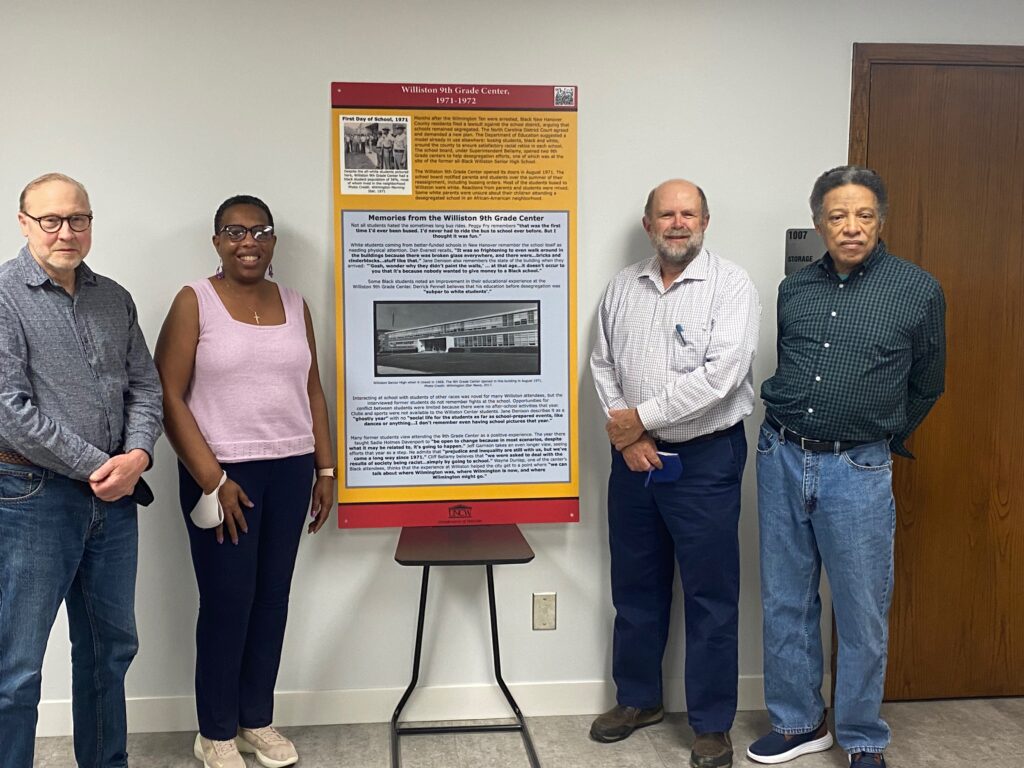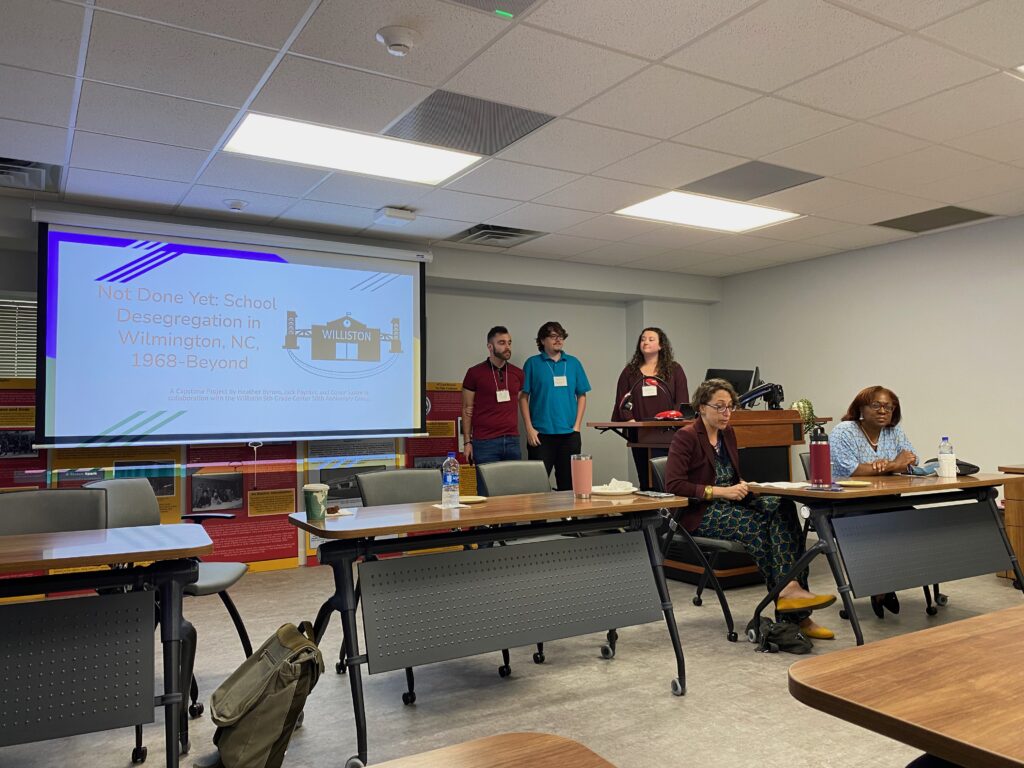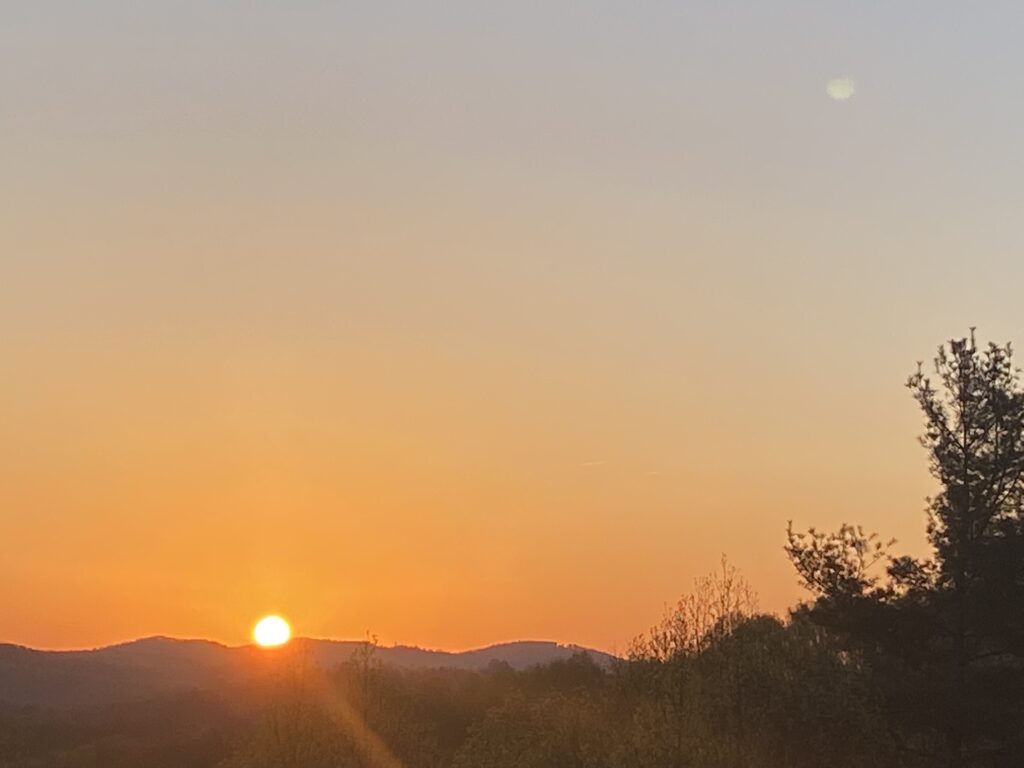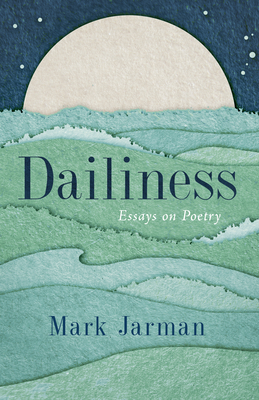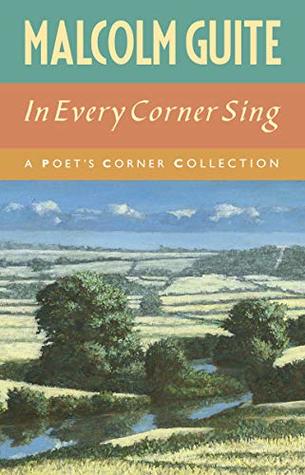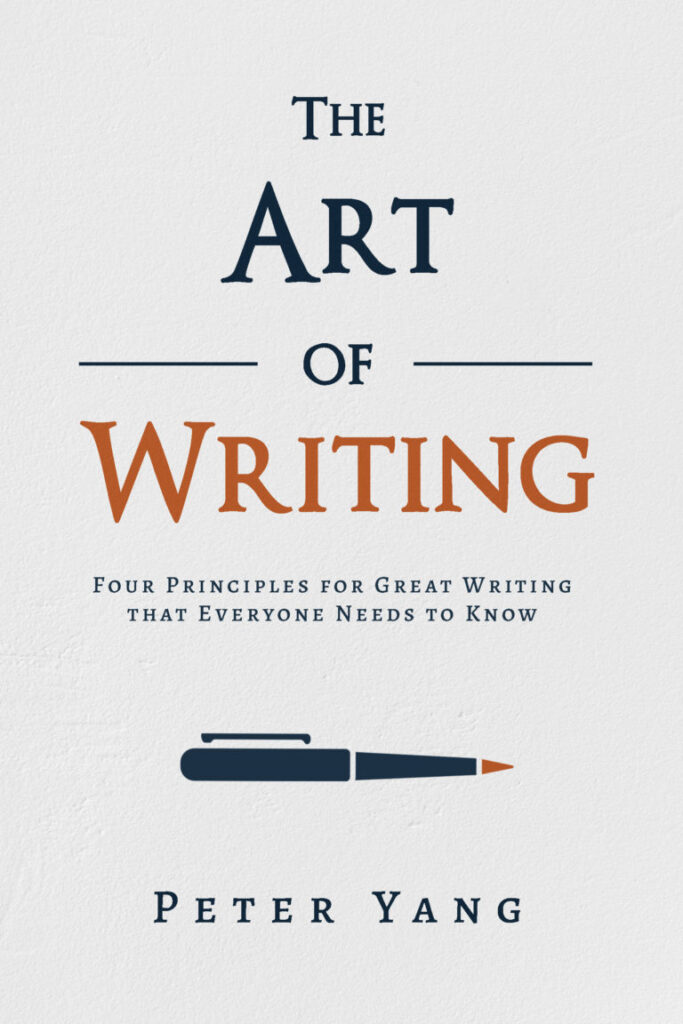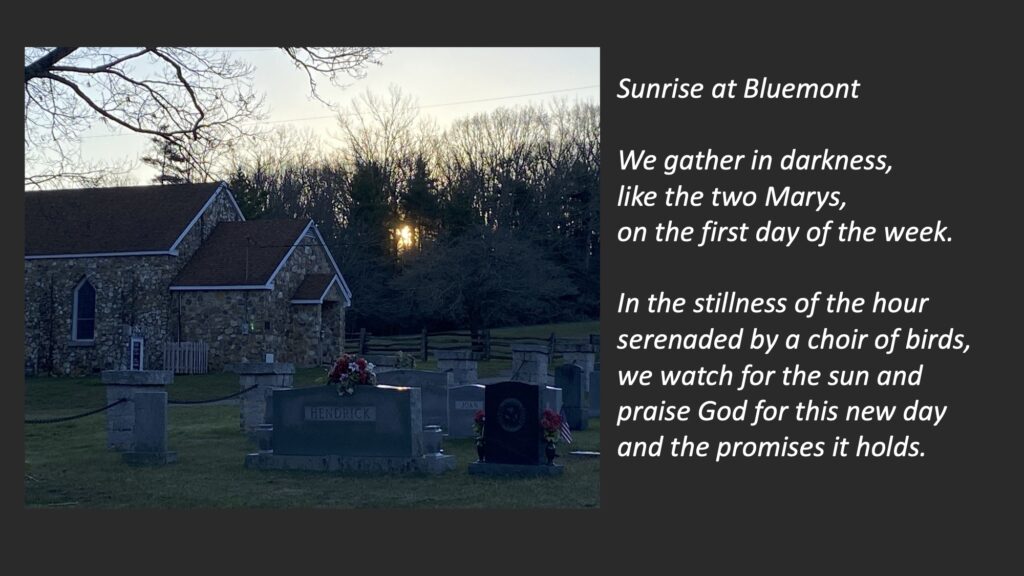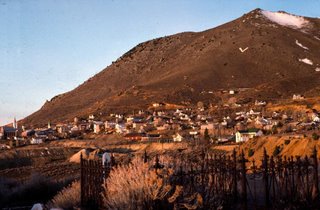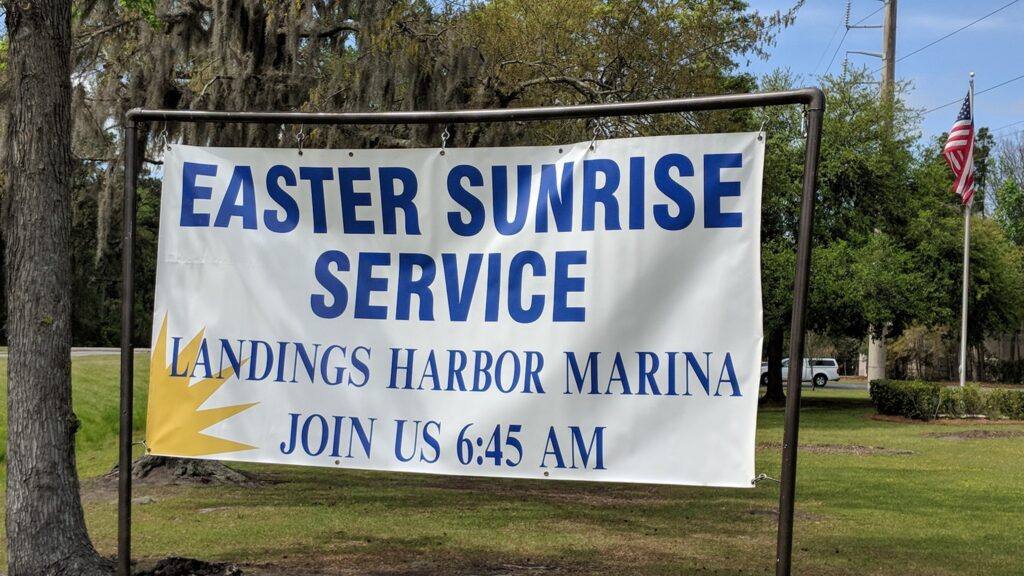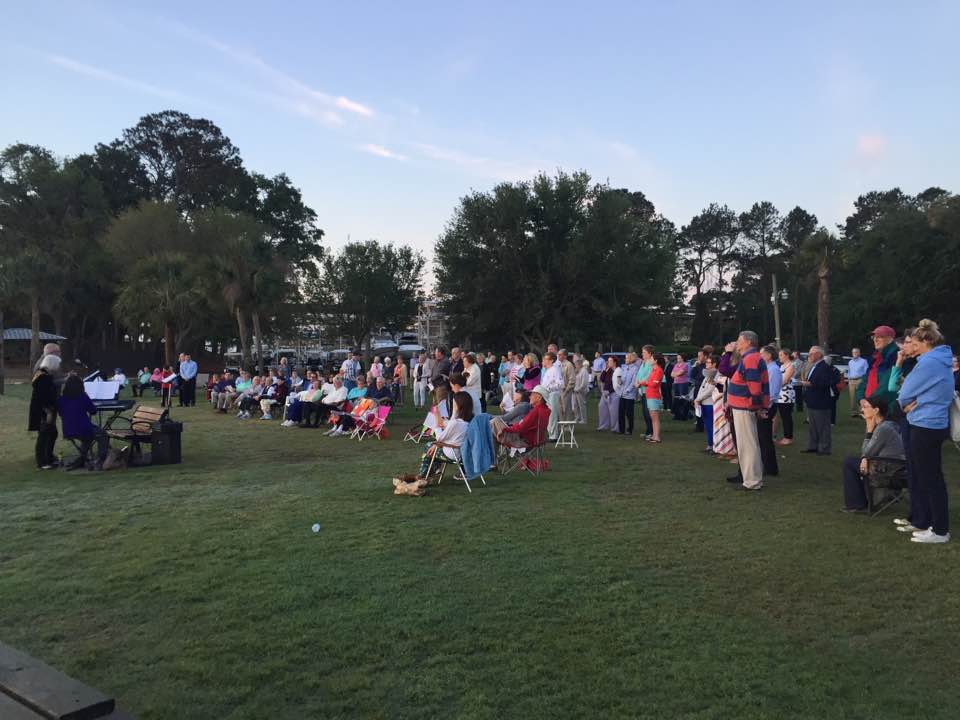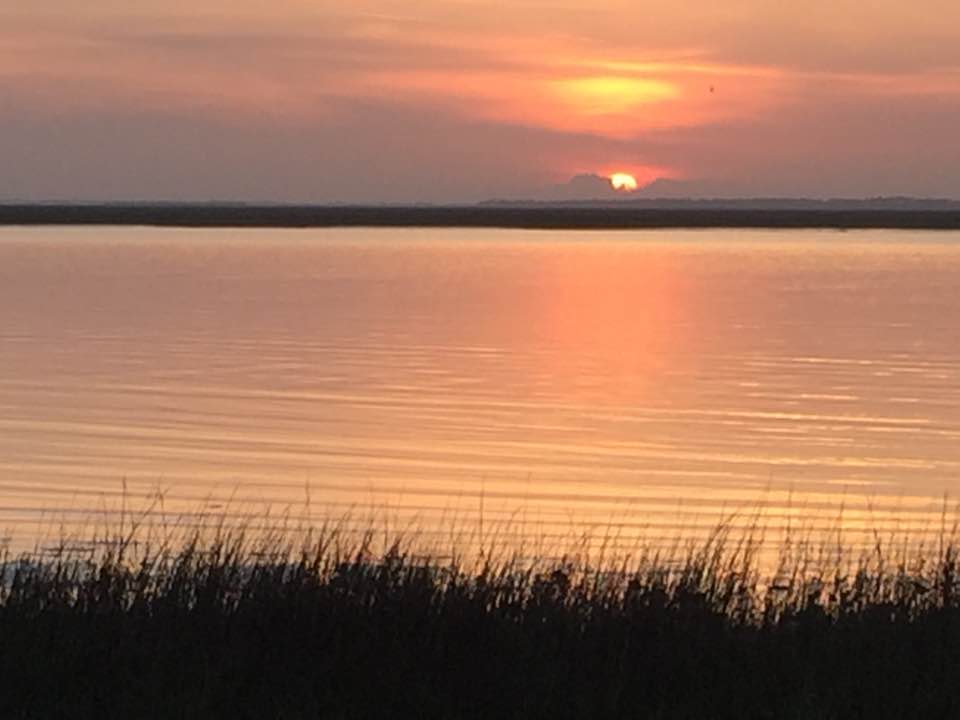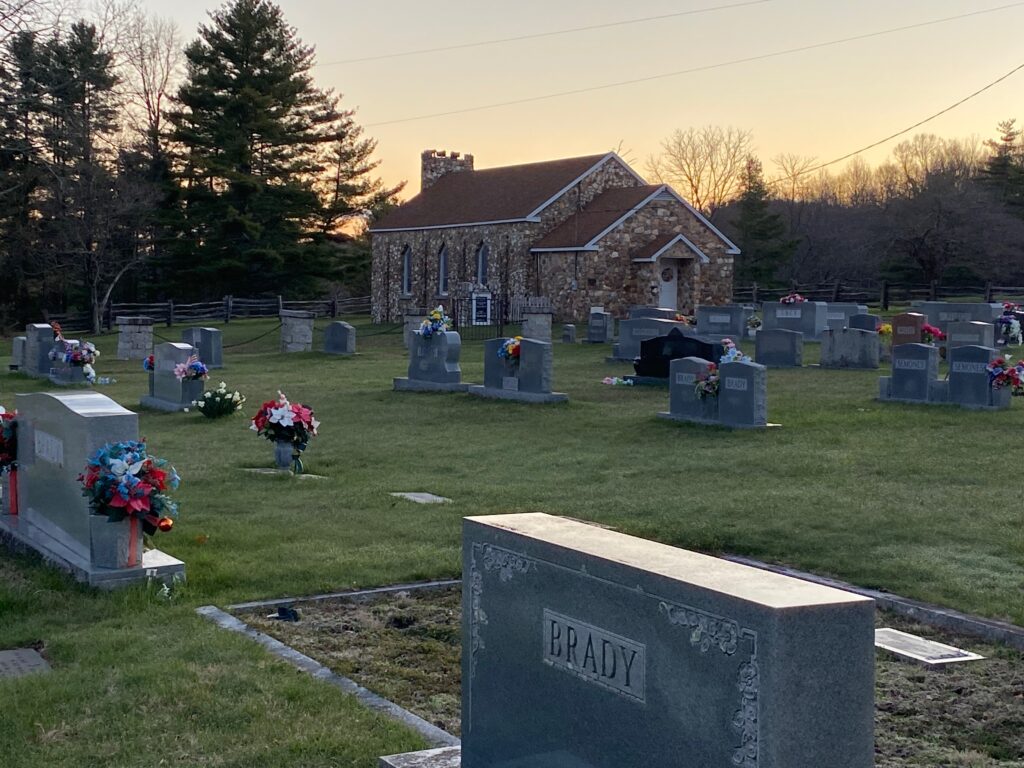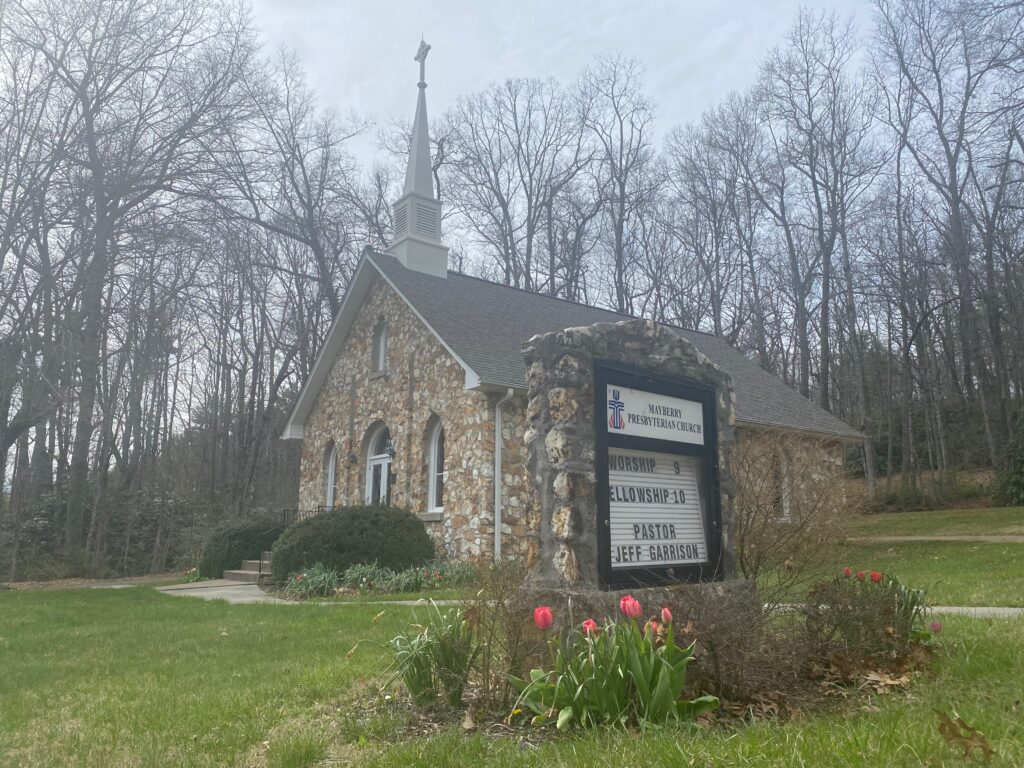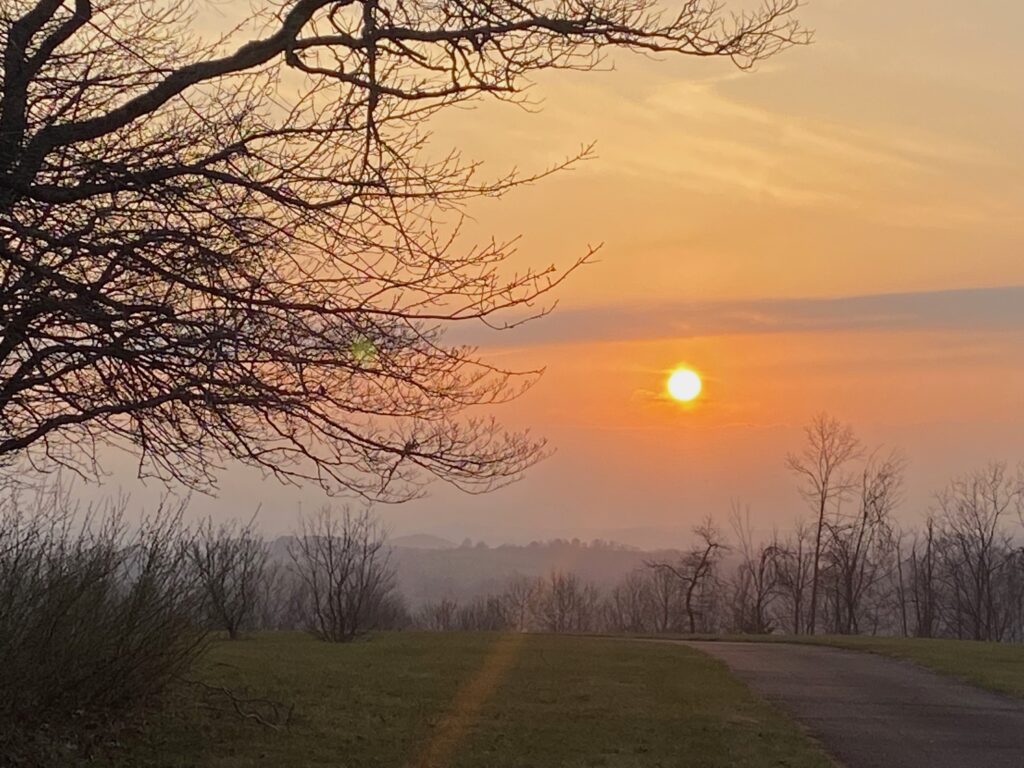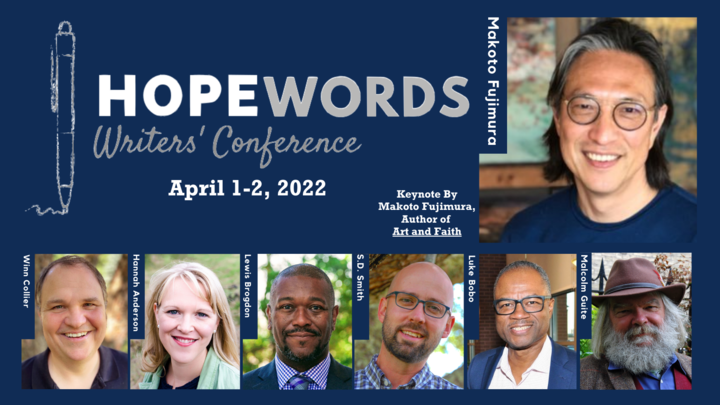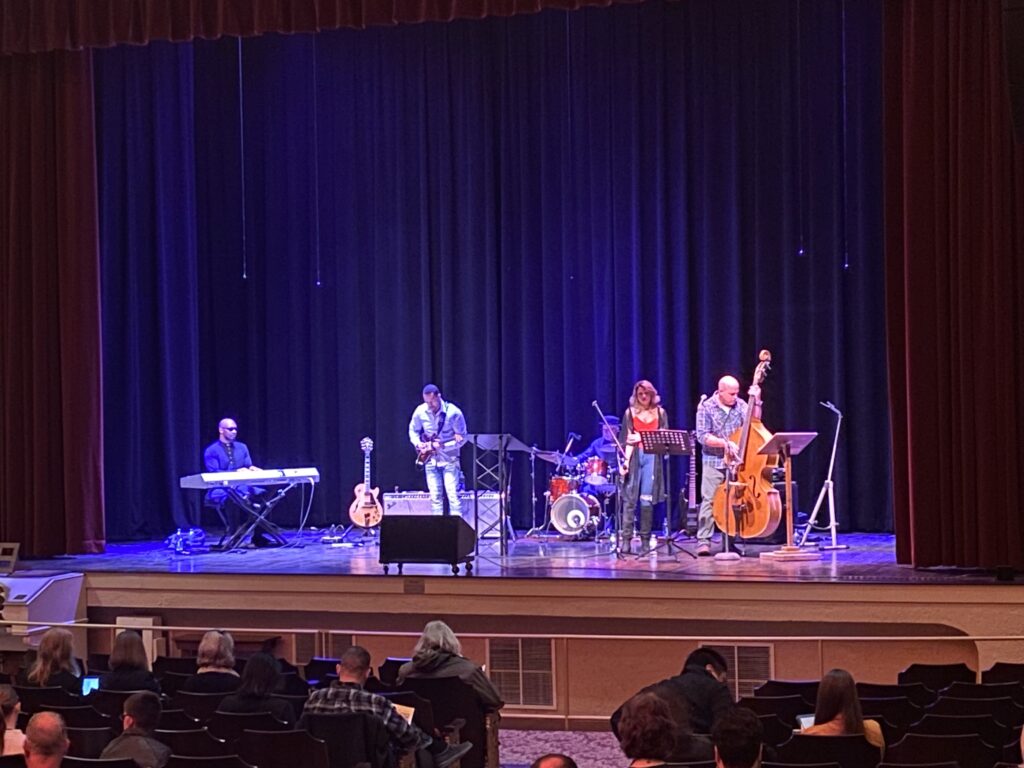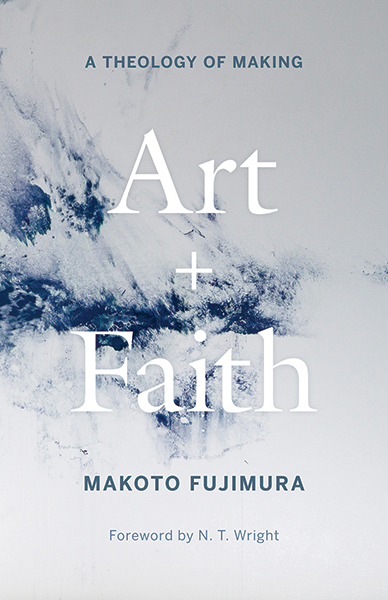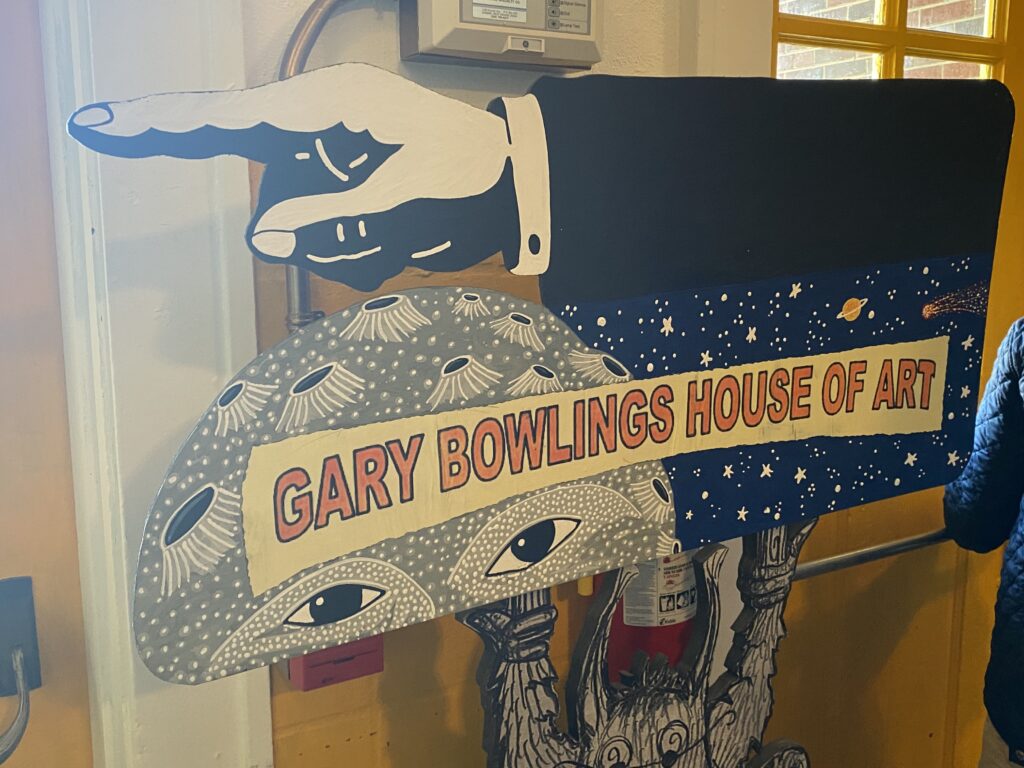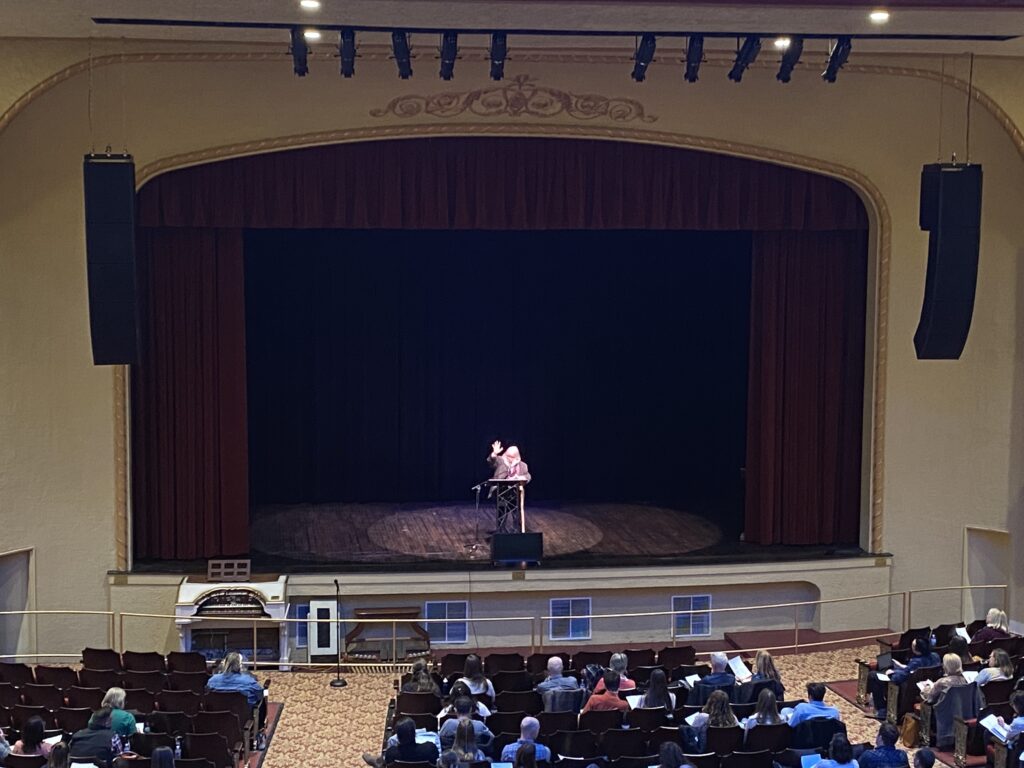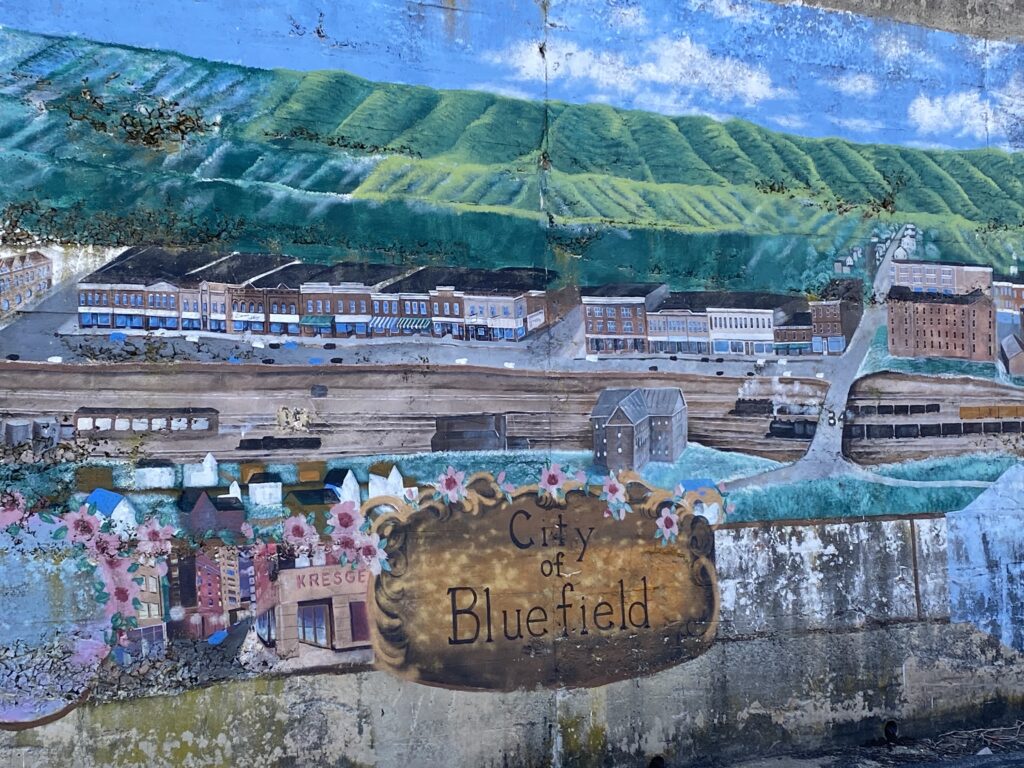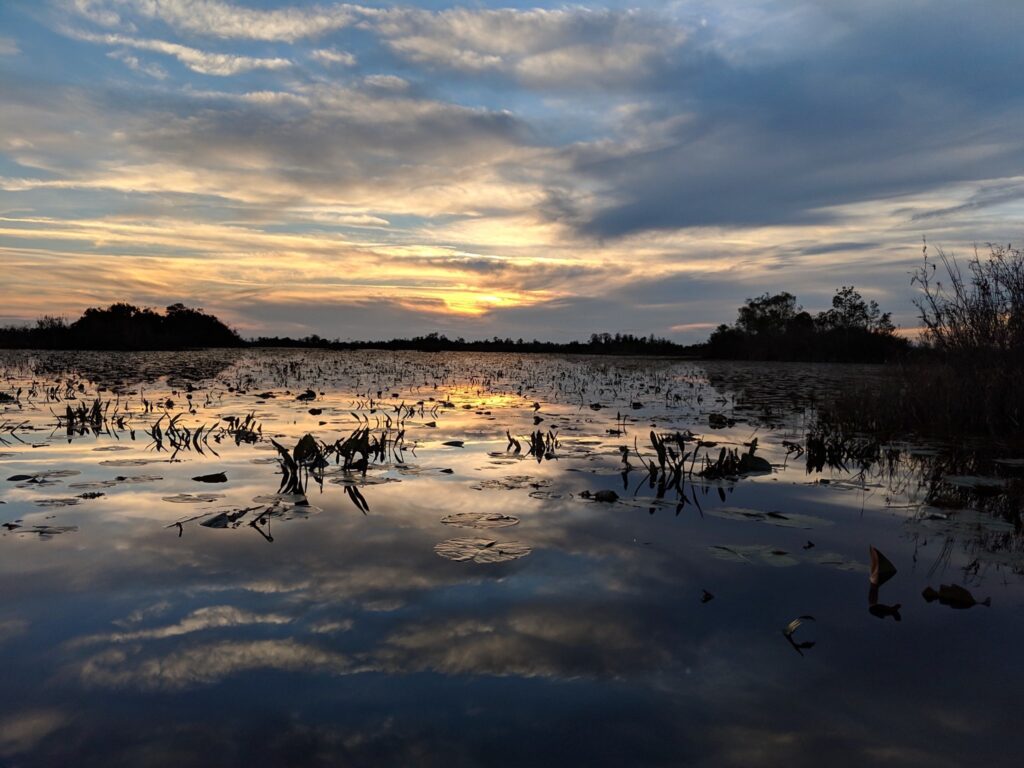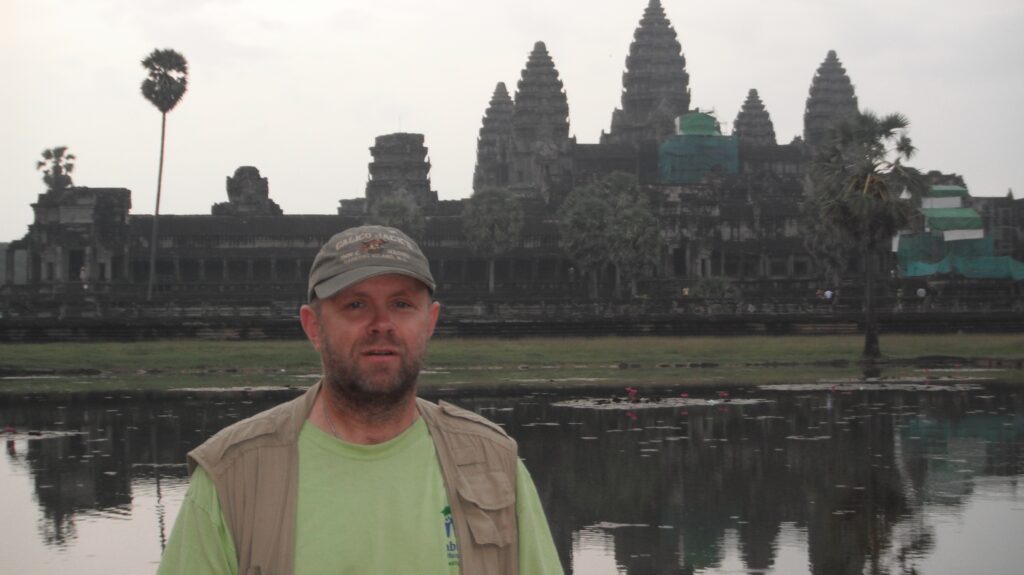Jeff Garrison
Mayberry and Bluemont Presbyterian Churches
Galatians 3:19-29
May 8, 2022
At the beginning of worship:
Mothers will do whatever they can to protect their children. Sadly, sometimes this gets them into trouble, as it was with this one poor grandmother in New York City, whose daughter was sick. This was back in the Great Depression.
Her husband had abandoned her and her children, so they all moved in with the grandmother. But she didn’t have enough food. The kids were starving. So, this grandmother went out and stole bread for the kids to eat. She was caught and ended up in night court in one of New York’s poorer wards. To her surprise, she found the Mayor LaGuardia behind the bench.
LaGuardia, a former mayor of New York City, was quite a character. Today, we remember him whenever we fly to or through New York’s LaGuardia airport which is named after this man. He served as mayor of the city during the depths of the Depression through the turmoil of the war years. A small man, only 5’ 2”, LaGuardia was a hands-on mayor. He went with the police on raids of illegal nightclubs, took entire orphanages to ball games, and read the Sunday funnies to children on the radio during a newspaper strike. And then there was this episode.
On this cold night in January 1935, the mayor showed up in night court. He gave the judge the night off and took the bench. That’s when the defendant who had stolen bread was brought forth. He asked her about her alleged crime, and she told her story. The grocer refused to drop charges, saying she needed to be punished to teach others a lesson. LaGuardia found himself in a pickle.
After some silence, he spoke to the woman. “I’ve got to punish you,” he said. “The law makes no exception, ten dollars or ten days in jail.” As he was pronouncing the sentence, he reached into his pocket and pulled out a ten-dollar bill. He leaned over the bench to hand it to the woman. “Here’s the ten-dollar fine which I now remit.
Furthermore,” he said, “I’m going to fine everyone in this courtroom fifty cents for living in a town where a person has to steal bread so her grandchildren can eat. Bailiff, collect the fines and then give them to the woman.”
The next day, New York newspapers reported that $47.50 was collected and given to a bewildered old lady who had stolen bread to feed her grandchildren. Fifty cents came from the red-faced grocer, the rest from petty criminals, people with traffic violations, and police officers. And for the privilege of giving, they gave the mayor a standing ovation.[1]
The law was upheld and the woman experienced grace. This morning, I want us to consider the interplay between law and grace.
Before reading the Scriptures:
Throughout Galatians, which we’re working through, Paul pounds home the message of grace. Although the law is important, as LaGuardia demonstrated in my story at the beginning of worship, and as we read earlier from Deuteronomy,[2] it’s inferior to grace, to God’s promises in Jesus Christ. As LaGuardia paid the woman’s debt, Jesus has paid ours.
After reading the Scripture:
At the beginning of the classic movie, The Sound of Music, the Von Trapp family consists of a host of children and a widower father, a strict disciplinarian. These kids were bright, energetic, and devious. They drove off all governesses hired by the father. Upon the scene comes Sister Maria, played by Julie Andrews. She’s to be the governess over these unruly kids. She has her work cut out.
Upon introducing Maria to the kids, the oldest, Liesel, a girl of 16, announces she no longer needs a governess. Maria accepts her statement and says, “Well, then, I guess we’ll just be good friends.” Later in the movie, when she finds herself in a tight spot with her father, and is saved by Maria’s intervention, she admits that she could use a governess. And, as the movie progresses, they also become good friends. Eventually Maria and Captain Von Trapp marry. Maria becomes their step-mother.
Liesel may not have needed a governess or a babysitter anymore, but she does find Maria’s presence useful as she struggles with becoming a young woman in a world torn apart with the rise of Nazism.[3] The same could be said with our use of the law. It’s useful like a governess, although not what’s ultimately important.
The law as a babysitter
“So, what is the purpose of the law,” Paul essentially asks in verse 19. The law is a babysitter! In this opening verse, Paul remarks how the law helps lead people until the coming of Christ. The law checks transgressions, keeping us from getting too far off track.
Paul later returns to this theme, in verse 24 and 25, using the analogy of the Greek tutors who were hired by wealthy families as disciplinarians to teach their children.[4] The law keeps us straight and focused, like Maria kept the kids in line, but it doesn’t have the power to give us life, or salvation.
As God promised all along, the day is coming when God, out of his gracefulness, will open a way for us to mature into a relationship with himself. The day comes when the law is be written in our hearts.[5]Certainly, the law is “not a firsthand encounter with God.” But, with Christ, we have been brought into a direct relationship with God. When we have Christ in our hearts, the law is no longer primary.
Grace always comes before law
An interesting thing we should realize about the law is that it was given to the Hebrew people at Sinai, after their deliverance from bondage in Egypt. Earlier in this chapter, in verse 17, Paul notes that the law came 430 years after the promise was made to Abraham. Throughout Scripture, grace always precedes law! God loves us before we even have a chance to love God!
The Law and the 2nd Helvetic Confession
The Second Helvetic Confession, in our Book of Confessions, gives us the reason for the law. It’s not given so we can be justified by keeping it. Rather:
from what it teaches we may know [our] weakness, sin and condemnation, and, despairing of our strength, might be converted to Christ in faith. For the apostle openly declares: “The law brings wrath,” and, “Through the law comes knowledge of sin” and, “If a law had been given which could justify or make alive, then righteousness would indeed be by the law. But the Scripture (that is, the law) has concluded all under sin, that the promise which was of the faith of Jesus might be given to those who believe . . . Therefore, the law was our schoolmaster unto Christ, that we might be justified by faith”.[6]
The law as schoolmaster, or as babysitter or governess, has a purpose. The law helps us mature, but it does not bring us into salvation. We are justified by faith in Jesus Christ.
Three uses of the law
Historically, John Calvin outlined three uses of the law.
- It brings us to where we can see our own sinfulness and our need of a Savior.
- It helps us to live more righteously as we strive to please our Savior.
- And finally, for those outside of grace, the fear of the law serves to check their wickedness.[7]
The law can be useful, but it can never save us, as Paul drives home in these verses.
Now let me explore the third use of the law. The first two uses of the law outlined by Calvin are positive. It helps us be a better person, both by drawing us to Christ and by helping us strive for holiness. But the third use sounds rather harsh. And it is, but it is also necessary.
On littering
Considering littering. It may seem like a minor thing, but it’s something when I see, raises my blood pressure. It also illustrates the point I want to make about the law.
If we all appreciated the beauty of the land, and respected the property of others, we’d not need a law against littering. Unfortunately, there are those who refuse to do this, and therefore, we have a law that threatens the guilty. But if everyone could “write it in their hearts” to appreciate beauty and respect property, we’d not need such law.
Purpose of Galatians
Now, if you remember, Paul’s purpose for writing this letter is that a group of preachers have come behind Paul and taught these Gentiles that to be Christians, they need to do more.[8] Essentially, they need to become Jewish to be Christian. In other words, they need to be bound to the law. Paul is dead set against such teachings, and he reminds the Gentiles the benefits we have in Christ. If we live following Christ, we don’t have to fear the law.
Paul’s final point: Equality in Christ
We’re now at Paul’s final point in this chapter, where he demonstrates our equality in Jesus Christ. The old demarcations of society—gender, legal status, and nationality—are swept away.
We now have unity and freedom in Christ. No one is better than another or has a higher status. Paul attacks this idea that Jewish Christians who keep the law are higher up in the pecking order. That’s not the case. Likewise, whether you are Greek or Roman or Jewish doesn’t matter.
In a patriarchal society, Paul destroys the distinctions based on one’s gender. In a society where slavery underpins the economy, Paul destroys the distinctions between master and slave. Because we don’t earn our salvation, but accept it as a gracious gift, Paul wants us to realize there is no hierarchy within the church. None of us are any better than another.
Conclusion
We have differences, but at our core, we are all sinners. The difference between us and the world is that we’re sinners redeemed in Christ Jesus. Others need to be redeemed, and our work is to share the message and to offer to the world a new vision of hope. We are no longer to be shackled by a list of dos and don’ts. Instead, we are to let Christ rule in our hearts as we strive to love as he loves us.
Never look down on another. That’s the kind of advice my mother would have given me. And, as we learn from Paul, let Christ shine from your hearts. Then you won’t have to worry about the burden of the law. Doesn’t that sound good? It is, it’s good news. Amen.

[1] Story from the KERGYMA Program, Galatians and James: Faith and Work, which quoted it from William J. Bausch, A World of Stories, (Mystic, CT: Twenty-Third Publications, 1988), 233.
[2] Deuteronomy 27:15-26.
[3] This idea came from Scott Hoezee. See http://cep.calvinseminary.edu/sermon-starters/proper-7c/?type=lectionary_epistle
[4] See Galatians 3:23-25 in The Message translation where Eugene Peterson, the translator, compares the law to “Greek tutors hired by wealthy families.
[5] Jeremiah 31:33. See also Romans 2:15.
[6] Presbyterian Church USA, Book of Confessions, 5.083.
[7] John Calvin, Institutes of the Christian Religion II, 7 & 8. See also Francois Wendel, Calvin: Origins and Development of His Religious Thought translated by Philip Mairet, (1963, Durham, NC: The Labyrinth Press, 1987), 196-201.
[8] Galatians 1:6-7. See my first sermon on Galatians: https://fromarockyhillside.com/2022/04/5673/

